Letter from the Editor
Intentional Living

This year I tried something I’ve not done before: I picked a “Word for the Year” using a random word generator—and the word for me was “unbelievable.” I’m not sure whether I should be pleased or just very, very scared. Who wants to live with the idea that the next week or hour might bring something that cannot be anticipated?
But I look back at the last twenty or so months, and I find that “unbelievable” is a very mild word for what has already happened. We went from a society that blithely assumed you could just, you know, go out and mingle with people, whether it was passengers on the bus you took to work, the co-workers in your office, your church parishioners, the members of your book group, or the extended family that came to visit at holidays.
Then, almost overnight, all of that vanished. Being with people in groups became a foray into danger. Would we get sick? Would we infect others? Would we find out that society itself could collapse if we could not meet in groups, or would we discover that so much of what we held up as essential to our very being turned out to be mere busy-ness?
If I am to live an intentional life in 2022 . . . I’m going to be aware of how my contributions to social media are encouraging people to live more justly and helping to bend the arc of the moral universe towards justice.
We all had to find ways to accommodate a reality that was largely unforeseen up until the moment it happened. And then we just adapted.
I was thinking of a different word for what I’d like to see for myself for the next year, and that word is “intentional.” While it’s true that much of what I do is because of schedules and plans and responsibilities, mostly I’m living in a reactive world. I get my work done because I have a duty to my employer and the work that I do means that my team can provide its deliverables for our customers.
But intentional is different, and it’s the word I want to apply to myself as I face 2022 and consider what it means to be someone who wants to promote and establish a just, diverse, open, and accepting society. “Intentional” means that I need to plan my time more carefully, that I say “yes” or “no” rather than “maybe,” choosing when I use my resources to boost others.

If I am to live an intentional life in 2022, I’m going to be making choices about the people I give space in my life to. I’m going to be careful about the media I consume. I’m going to be aware of how my contributions to social media are encouraging people to live more justly and helping to bend the arc of the moral universe towards justice. I’m going to cherish the people whom I love, make space for their hearts in mine, and make sure to remind them of the value I see in them.
Intentional living is about using what we consider to be our values as the primary deciders for how we spend our time, our money, our resources, and our energy in the choices that we make. Intentional living is not regimented or overly scheduled living; it is a way to fully value our own selves so that we are doing what it is that we really love for reasons that we really believe in.
I don’t know if you’ve ever thought about choosing a word for your year. Perhaps it’s novel or intriguing or even a bit scary. But if you’ve not thought about this before, I’d encourage you to sit down for a moment and think about what you’d like to do in the coming year. What possibilities are still open to you in 2022? Where do you see yourself making a difference? How can you have a bigger impact upon the lives of the people around you?
This week, OHF Weekly offers three related stories: one about Frederick Douglass, who committed all of his life to breaking apart racism; Betty White, who used the opportunity she had to demand an inclusive world despite the risk it was to her career; and these thoughts about intentional living. The theme running through them all is that we are given the choice to live intentionally for what matters to us, and that choice is ours to live, whether we are an internationally renowned orator, an entertainment star, an editor for a magazine, or whatever it is that you find your life in doing.
I believe that we all can make a better world by the choices that we make. And it is that a life of intentional choices that will bring us to that better world where racism has crumpled under the love that we give to one another. So for 2022, choose to live with full intention. Live for what matters to you most.
Love one another.
Stephen Matlock
OHF Weekly Senior Editor
Frederick Douglass: An American in Ireland (Part III)
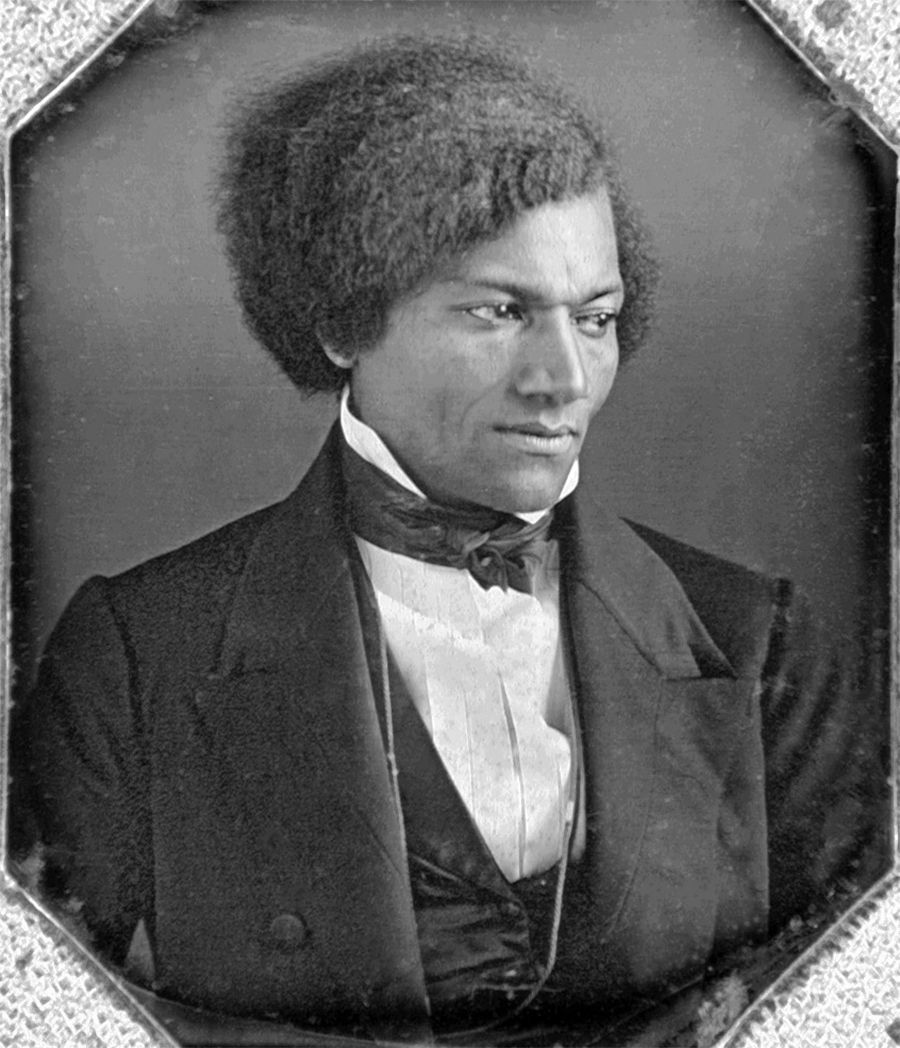
During his lifetime, Frederick Douglass lectured not only on anti-slavery but also temperance, women’s rights, racism, and social justice for all; he edited and owned newspapers, advised presidents, and wrote three versions of his life story. The publication in 1845 of his first and most popular autobiography — Narrative of the Life of Frederick Douglass, An American Slave—became a bestseller, especially in Europe, levering him to international prominence and triggering his visit to Ireland that same year.
To prove the authenticity of his words in the Narrative, Douglass gave details of personal information which put him at risk of being recaptured into enslavement. Though he was living in one of the so-called Free States, the Fugitive Slave Act of 1793 meant that Douglass remained in constant danger.
So, persuaded by his abolitionist friends, he opted for a period of exile in Ireland and Great Britain, which lasted almost two years. He first went to Ireland in August 1845 where he was warmly welcomed and, for the first time in his life, he experienced what it meant to be treated as equal.
Shared Brilliance, Champions of Human Rights, and a Universal Desire for Freedom
“I despise any government which, while it boasts of liberty, is guilty of slavery, the greatest crime that can be committed by humanity against humanity.” — Daniel O’Connell in 1845, the year of Douglass’s arrival in Ireland.
Though brief, one of the highlights of Douglass’s visit to Ireland was meeting his life-long hero and Ireland’s Liberator, Daniel O’Connell, the acknowledged political leader of Ireland’s Roman Catholic majority in the first half of the 19th Century. A great achievement of his was to “liberate” the Catholic people from the oppressive Penal Laws, enabling Irish Catholics to sit in parliament and hold senior offices of state.
An important and influential figure in the history of Irish politics, O’Connell, like his admirer, Douglass, was renowned for his considerable abilities as an orator and his charismatic personality. His flaming speeches on social justice inspired Douglass.
In his introduction to The Narrative, William Lloyd Garrison, the prominent American abolitionist and social reformer best known for his anti-slavery newspaper The Liberator, referred to O’Connell as “the distinguished advocate of universal emancipation, and the mightiest champion of prostrate but not conquered Ireland.”
Thus, a connection between the veteran Irish abolitionist and the young rising star of American anti-slavery was already established before Douglass set sail for Ireland.
Frederick Douglass’s arrival in Ireland was well-timed. Though physically ailing, O’Connell was still politically influential and had positioned himself as one of Europe’s foremost opponents of enslavement. His views had been embraced by many Irish people, hence Douglass’s enthusiastic welcome.
Had he visited a year or two later, O’Connell’s influence would have been waning and the severe impact of the Great Famine would have had its grip on the country, depriving Frederick Douglass of a socio-political platform and support for his anti-slavery crusade.
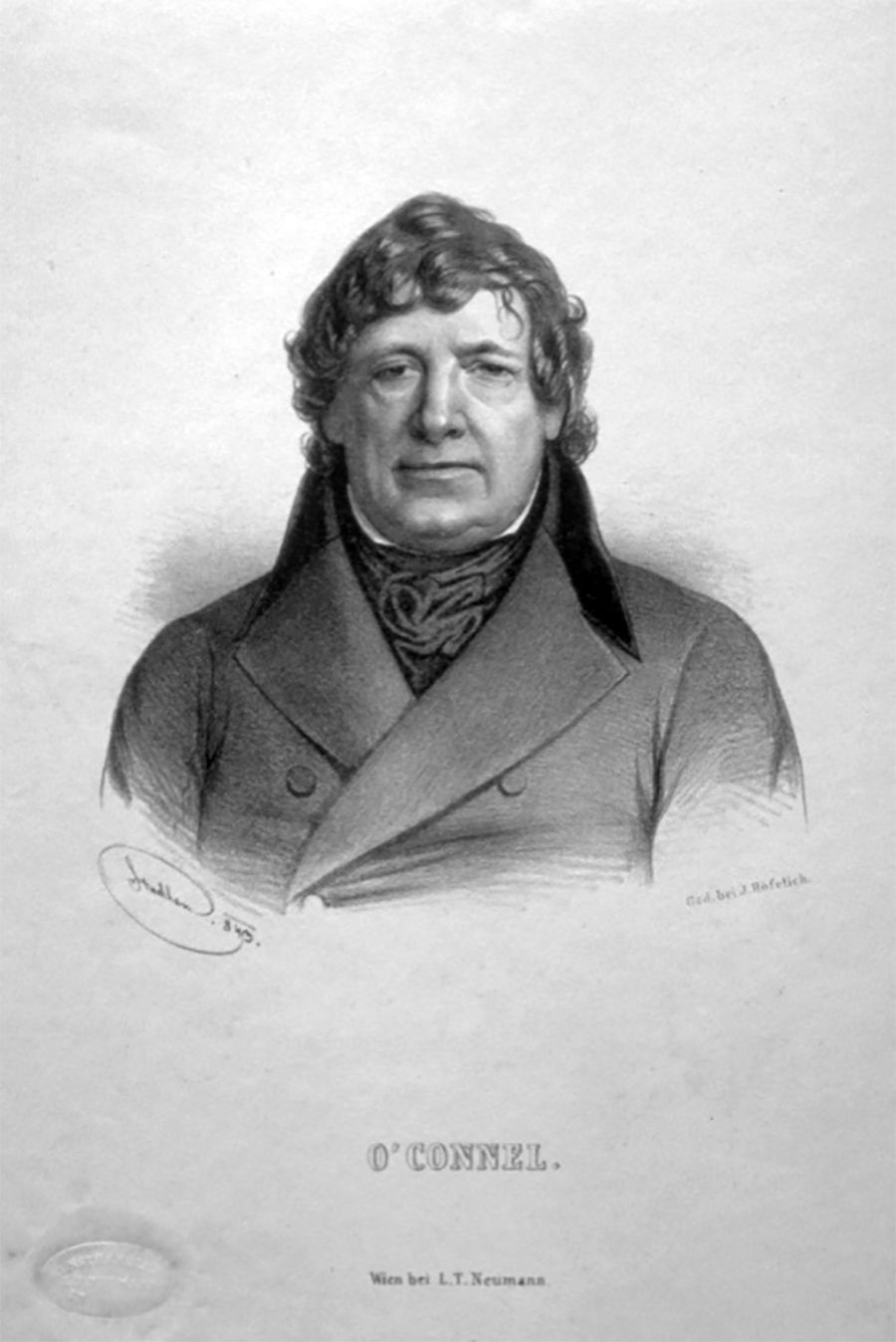
The zenith of Douglass’s stay in Dublin was hearing O’Connell speak at a Repeal meeting focussed on restoring the Irish parliament. Douglass was greatly impressed by O’Connell’s seventy-five-minute speech, describing it in his report to The Liberator, as:
“. . . skillfully delivered, powerful in its logic, majestic in its rhetoric, biting in its sarcasm, melting in its pathos, and burning in its rebukes.”
In the same way, as Douglass came to realise that human suffering was a global plight to be denounced and eliminated, O’Connell’s stance on social and political justice for all included the abolishment of enslavement, a stance Douglass further reported on with this excerpt from O’Connell’s speech:
“I have been assailed for attacking the American Institution as it is called—negro slavery. I am not ashamed of that attack. I do not shrink from it. I am the advocate of civil and religious liberty, all over the globe, and wherever tyranny exists, I am the foe of the tyrant.”
Read the full article at OHF Weekly.
More about Frederick Douglass and Sylvia Wohlfarth
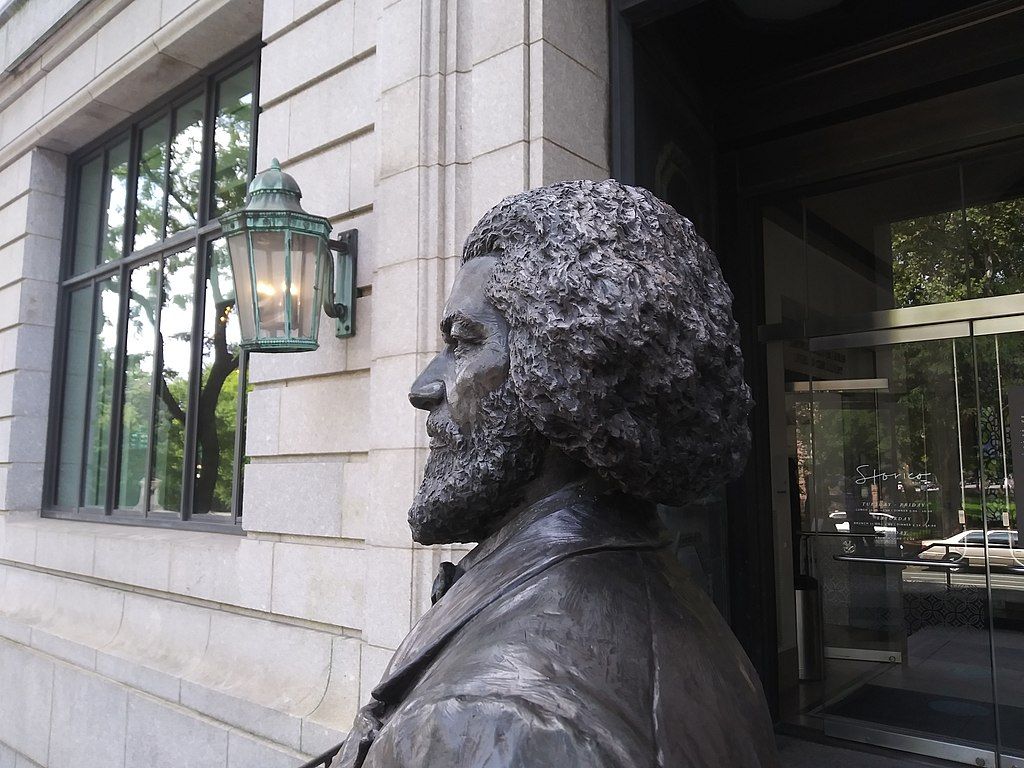
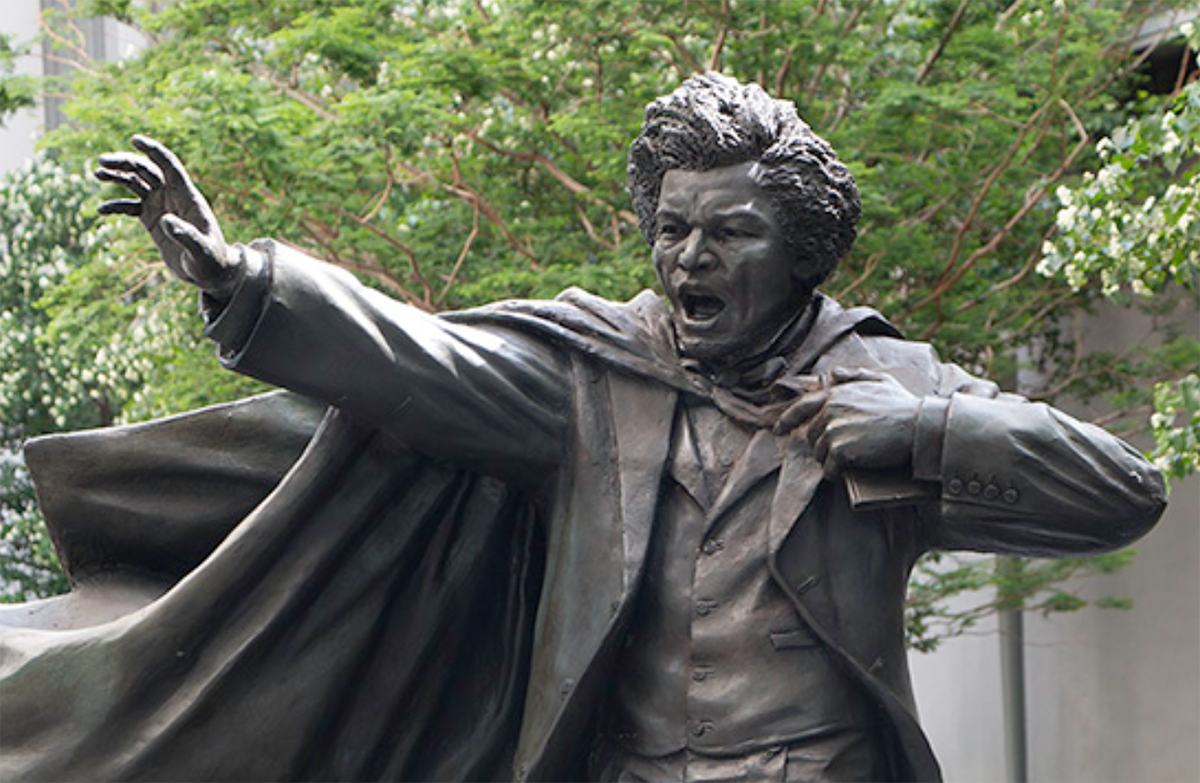
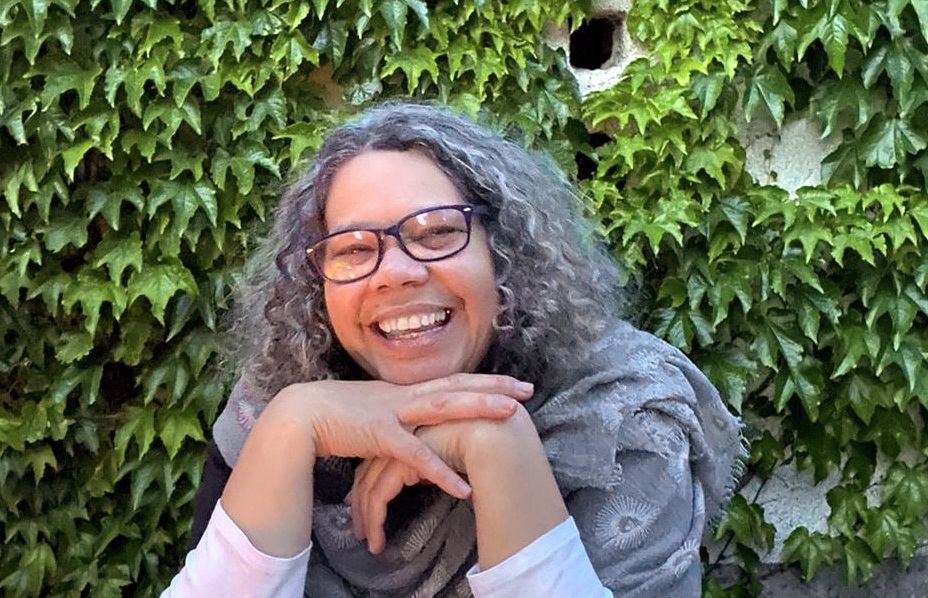
New This Week
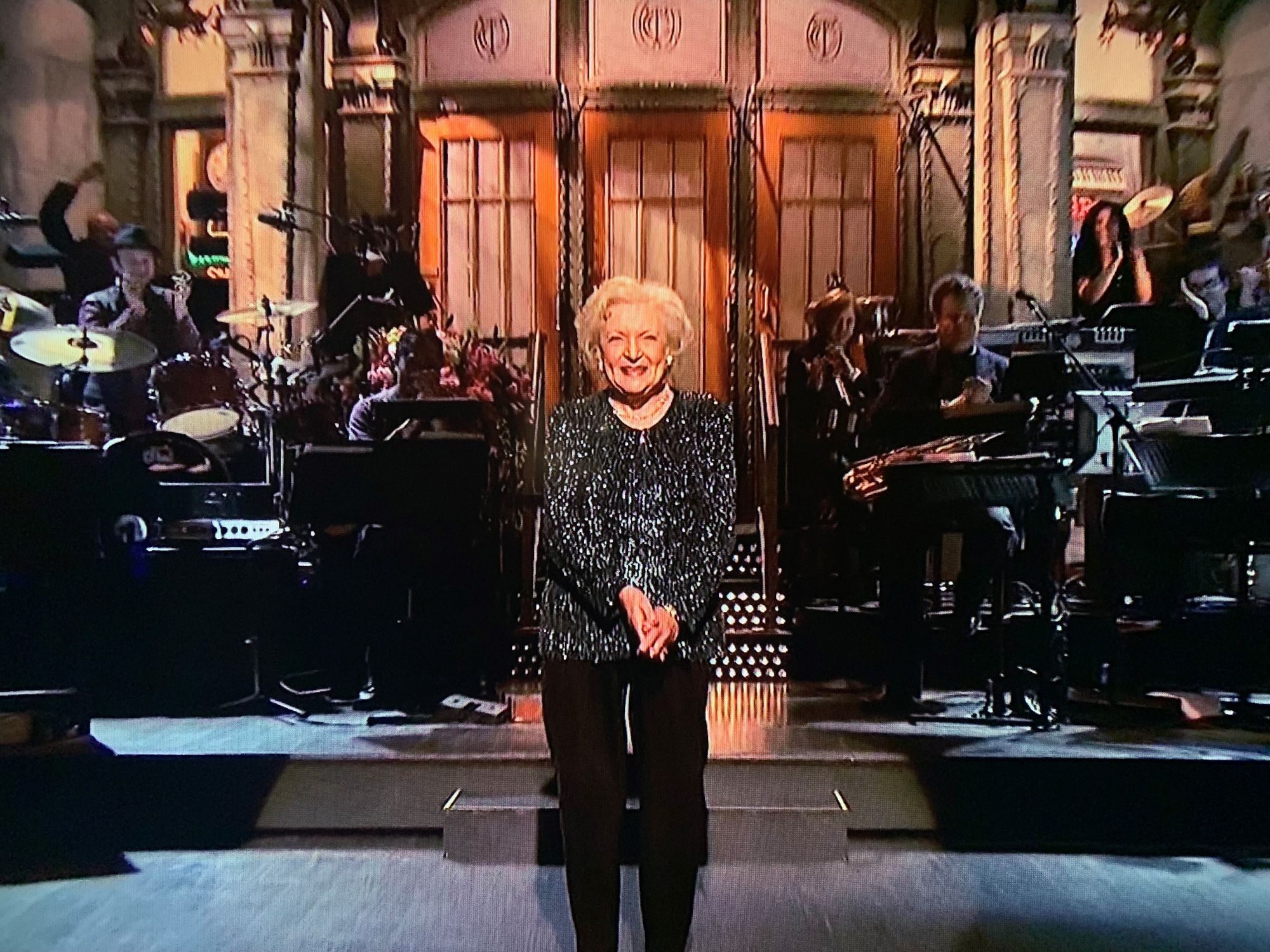
Subscribe to OHF Weekly

Never miss another OHF Weekly article or newsletter again. Sign up for email delivery. The best part? It’s free. And free is always in the budget.
Final Thoughts
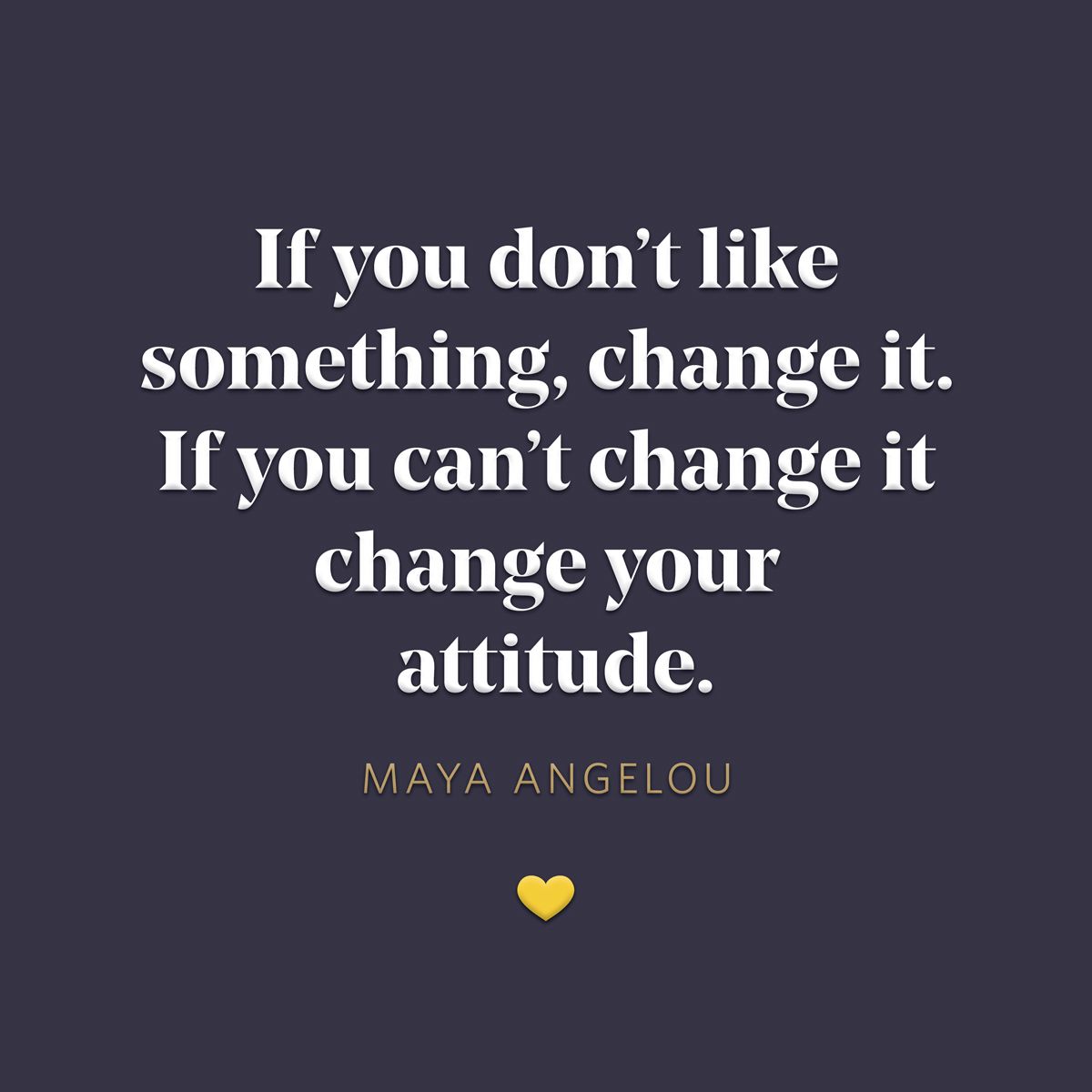
Love one another.



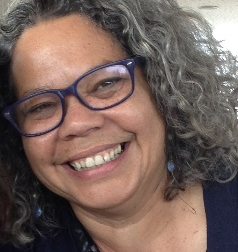
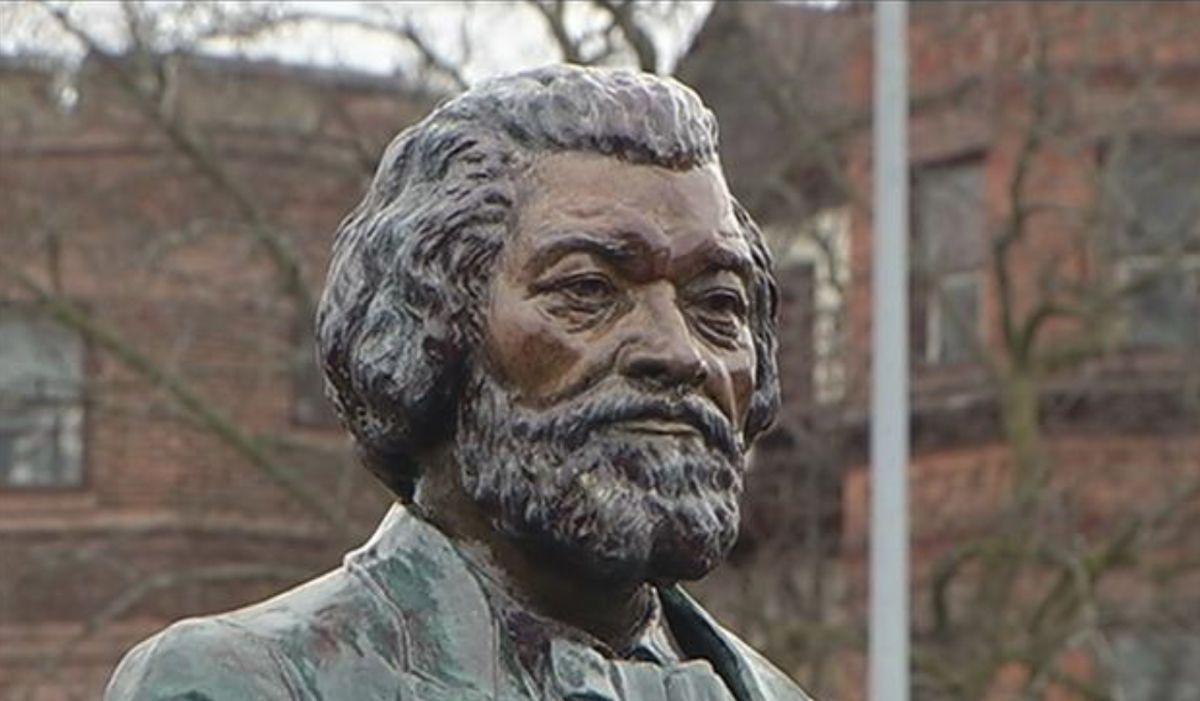

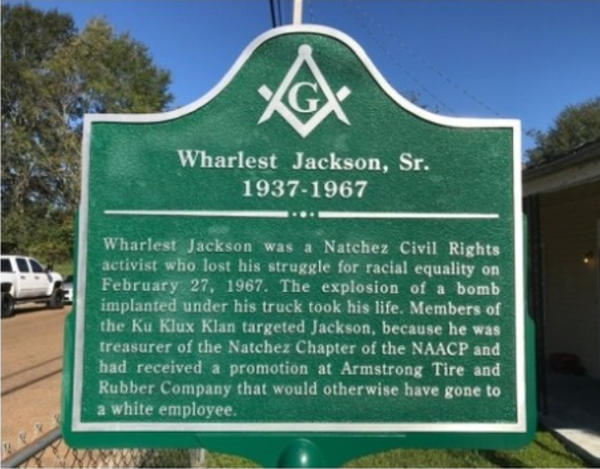







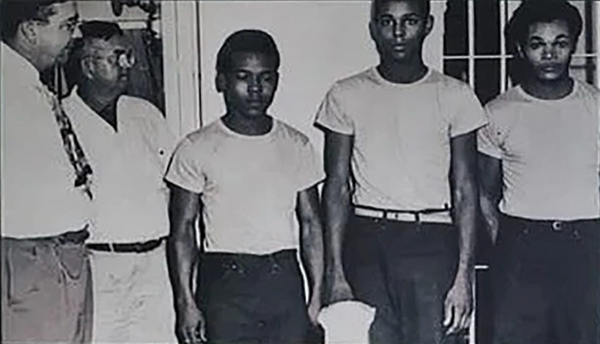
Member discussion